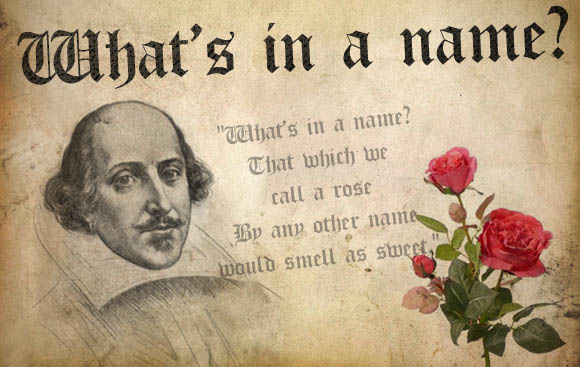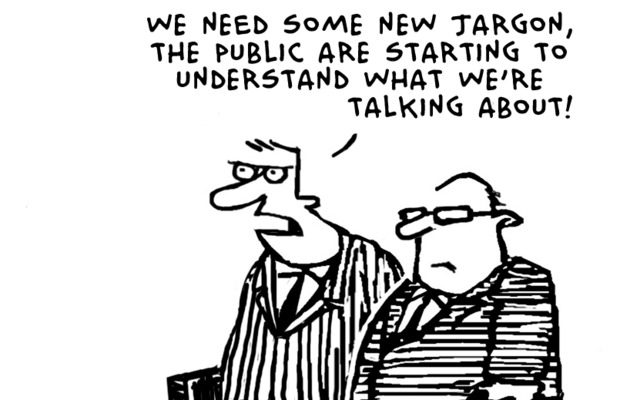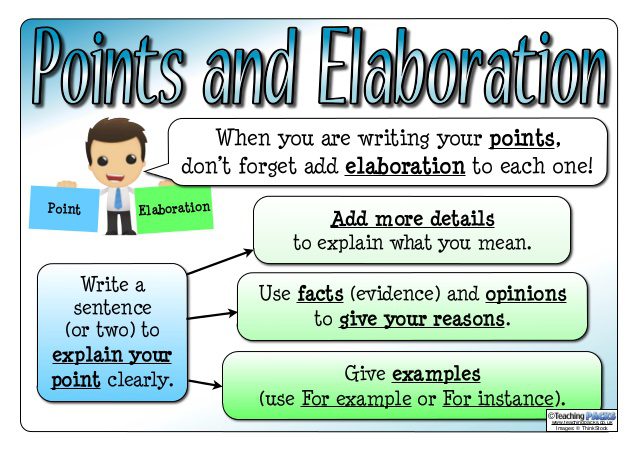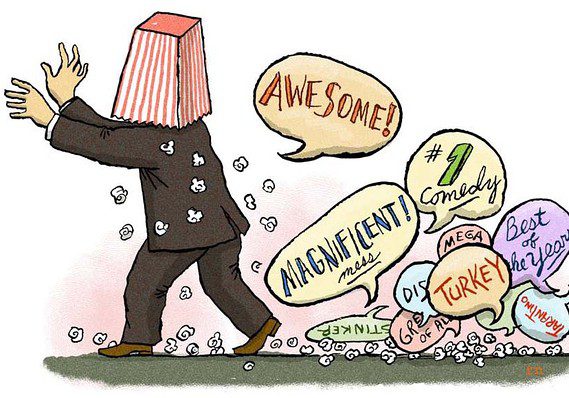

So for all 3 of you still reading, here’s my story on why I started writing movie reviews.
Because the movie reviews I read never told me what I wanted. Most of them were just wannabe filmmakers who wanted to show how learned they were in cinema studies, and they amounted to various synonyms for “nice” or “not nice” plus some film theories thrown in, just to show that, you know, they studied cinema!
It’s shaped how and why I write my reviews, because I realised that very few reviews were written for everyday folk to read. In other words, the reviews were there to service the writer’s ego, rather than providing knowledge and informing the wider audience who would be deciding whether or not a film was worth their time.
So here I present to you my pet peeves about movie reviews that I read.
1)Doesn’t point out whether or not there’s a secret ending, or other Easter eggs

In the past I’ve missed one too many secret endings (or post-credit scenes, if you’d like to be atas about it) and so I started Googling movies there and then to find out if there was a post-credit scene. I found many movie reviews (Wikipedia didn’t rank so highly back then) but rarely would I find one that told me if there was or wasn’t a secret ending. So there were times when I’d Google a film, browse several reviews which did not mention the secret ending, decide there was no secret ending, leave the cinema and find out there was a secret ending the next day.
Then I realised I wasn’t the only person out there who’s sole purpose of Googling movie reviews is to find out if there’s a secret ending. It’s literally the first thing I want to know if I’m reading about it. So I categorically state, upfront, if there is or isn’t a secret ending. It’s just as important to state that there isn’t a secret ending, so you don’t waste the time of moviegoers who don’t want to stay for the credits.
I’m all for staying for the credits if you’re in the industry, but if you’re not, it looks like gobbledygook to you and there’s really no point if you don’t understand what the gaffer does or why there are so many assistant directors. If I review a film, it’s my job to stay all the way until the end to a)read the credits b)check if there’s a secret ending, so I’m also not impressed by reviewers who leave before the credits end.
2)Doesn’t tell you the names of the characters in the film

Every review will tell you who the stars are – that’s part of the draw of movies, isn’t it? To see your favourite thespians in action. But there are way too many reviews who don’t tell you the names of the characters they play. That really irked me. Last time I’d look up reviews to see who played what role (IMDB wasn’t so up-to-date then), and they’d tell me the cast names – but not the roles they played. This really posed a huge problem when my friends and I were arguing vehemently politely discussing how to spell a particular character’s name.
And really, how many times have you left the cinema wondering what exactly was that character’s name? When you add in accents and nicknames, sometimes it’s hard to catch the character’s actual name. Sure, the production team and marketing team know the names because they read it everyday, but when you’ve got only 2 hours of exposure to the film and you want natural sounding dialogue, you might not get that name explicitly pronounced enough times for you to recognise it.
I have to applaud Variety on their reviews – they consistently put all the names of the characters along with the roles they play in their reviews. I think they’ve got one of the best reviews out there.
3)Doesn’t give you a rating

4 stars, 2.6/5, B+, regardless of whatever standard you use, you have to give the movie a final score. That’s the whole point of the review. If you can’t quantify whether or not it’s a good film, then either you don’t have the courage to say it’s lousy for fear of backlash, or you don’t have the technical and artistic expertise to judge the film’s quality.
I know a prominent newspaper who doesn’t give out ratings for their movie reviews, and it just baffles me how they manage to still get away with it. It’s an internationally recognised newspaper some more!
I personally like to rate films by how much you should pay to watch them (after all, people value their money) but then I like things to be explicitly spelt out for me.
4)Namedrops and pretentiously uses unnecessary jargon

Let me give you a perfect example of this.
““The Treasure” is like the work of Samuel Beckett’s long-lost Balkan cousin — bleak, stoic and suffused with a flinty, exasperated empathy for its ridiculous characters. It’s also a subtle, almost stealthy X-ray of the European soul in a time of persistent economic trouble — a more effective and cleareyed reckoning with the present crisis on the continent than, say, Miguel Gomes’s sprawling, intellectually confused “Arabian Nights.””
What does it mean to be a Balkan cousin of anyone? It’s OK to reference Miguel Gomes and his film (in the context of this review, which is one of a arthouse film), but why label it “intellectually confused” when “confusing” or “directionless” would work just as well without sounding so pretentious?
What does it mean to be “suffused with a flinty, exasperated empathy?” Why is it “subtle” and “almost stealthy” when they’re effectively the same thing? What does it mean to have an “effective and cleareyed reckoning” with anything?
It sounds like the awkward cousin of “Fifty Shades of Grey,” really.
5)Doesn’t tell you specifically why it’s good or bad

So there are plenty of reviews which tell you that a film is a masterful recreation of World War II farming politics without telling you exactly why it’s masterful. If you read any other product review (because isn’t this what a movie review is?), there’ll be specific, tangible, quantifiable negatives and plus points. I’m not saying all reviews do this, but when I read a review where the reviewer is basically going gaga about how wonderful a film is, but doesn’t tell me why it’s wonderful or vice versa… I think I would have been better off reading Wikipedia,

Unless you’re looking for specific points about the movie’s qualities though, Wikipedia is actually a pretty good source that covers the first four points I mentioned. It’ll state the Rotten Tomatoes score, which is as good as giving the film a rating.
Ultimately, though, what’s important is that the review is written for the audience, the potential viewers of the film, and it covers about what they should know, or what they would want to know. Because for every article, there is a reader, and for every reader, there is a purpose. And this is the whole purpose of the review – not to show what you know, but to tell the readers what they want to know.
After all, I used to be a reader, and I’m still the audience.
Leave a Reply